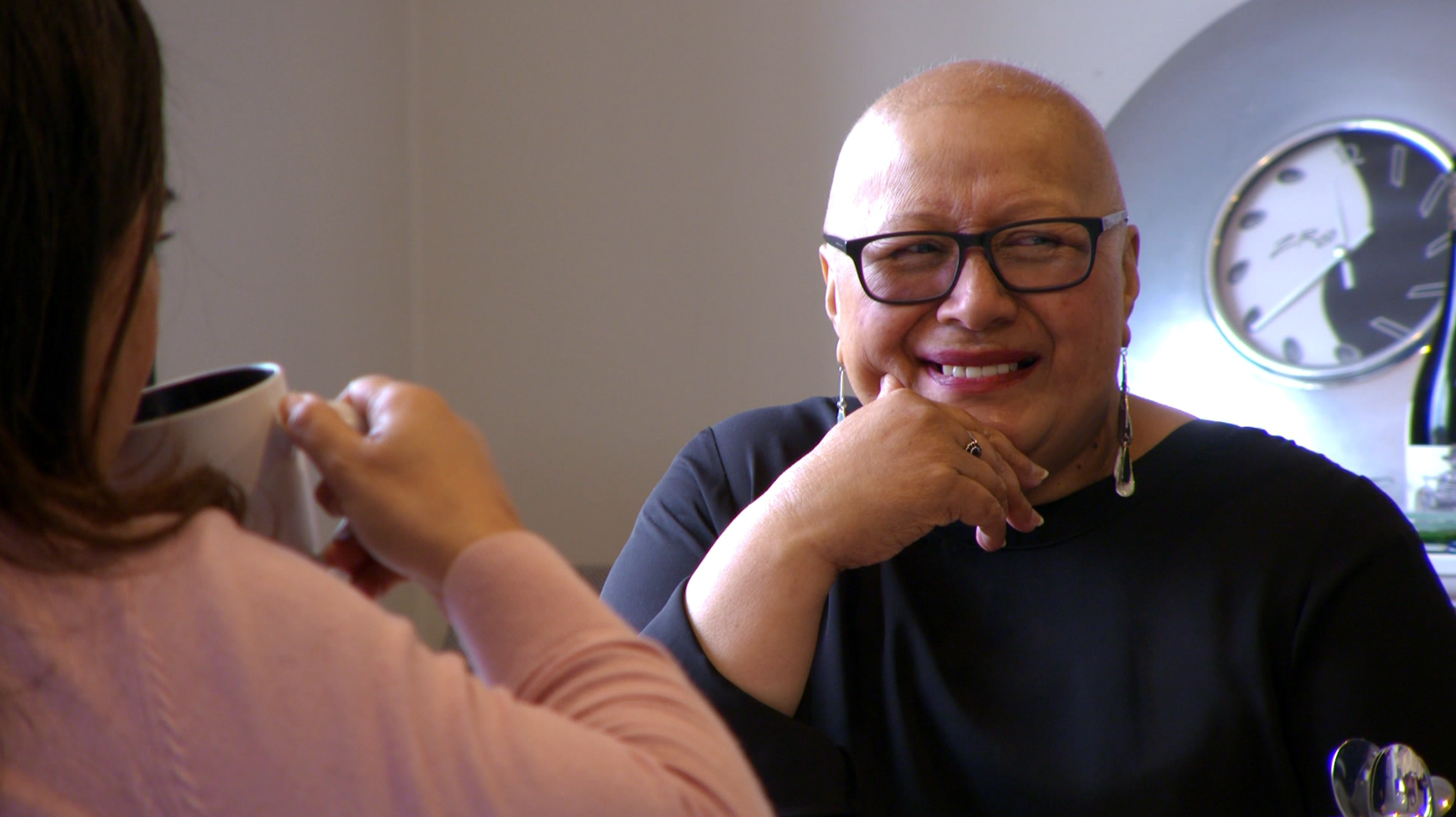There are concerns for the wellbeing of our Pasifika communities as Auckland faces its fifth week in lockdown, with Pasifika making up over two-thirds of those who have contracted the deadly Delta virus.
Soana ‘Aholelei spoke with Clinical Psychologist Epenesa Olo-Whaanga on the importance of managing stress levels as well as looking out for others during this time.
What kinds of stresses will be affecting our people at this time?
There are potentially numerous stresses. Firstly, this variant is highly contagious and the spread is far wider than the initial Covid variant that we were dealing with last year. Given the attention around the Pacific population, I think that’s increased the level of anxiety among our people, so I think there’s the stress about the variant itself.
There’s also a lot of information, misinformation about vaccinations, and there’s been a really big push to get people vaccinated. People have had to weed through some information particularly from anti-vaxxers to try and make up their mind about it. We know that we’ve seen some families very split on whether to vaccinate or not.
[There’s also] things that we’ve seen in the previous lockdowns around the financial stress, job stress, relationship stress and the like, so quite a lot to deal with among out community.
How are people coping at this time?
We’ve had generations of our people who have traversed Moana-nui-a-Kiwa; we’ve got resilience in abundance, so I think we mustn’t lose sight of that.
But in saying that, I don’t also want to invalidate the fact that we do have families under pressure, particularly in families with lots of children — the additional stress of having to provide those extra meals because children are at home, having to learn at home, having to work from home. Sometimes there’s not the privacy, sometimes there’s not the data to go around for everyone to do all the things that they need to do.
We’ve also seen a lot of our families having to isolate for 14 days, which means they couldn’t leave the house, so therefore having to have food dropped off to them and all of those other necessities that go with needing to live a life while you’re stuck in your home for 14 days.
What would your advice be for people who are really struggling, and where can they go for help?
There are your neighbours, there are your employers, there’s your family and also there are some great organisations out there, particularly Pacific organisations.
We’ve got our Pacific health care providers like The Fono and South Seas. We’ve also got some Pasifika social services providers like Fonua Ola, Vaka Tautua, Affirming Works. They also have access to food banks — not all of those organisations are offering that, but they can give the links to food banks.
You know, if there is financial stress, a lot of the services offer support for financial help and capability. Some of those more social financial services, particularly Pasifika, understand our people and can talk to our people and the languages that they speak. You can speak to them on the phone, access them through their websites, and just know that their staff are working incredibly hard to meet our needs.
Also, there might be people who have never needed help before or never needed this kind of support. Please don’t feel in any way ashamed that you need to access health and support.
Check-in on those who have young families or the elderly who are on their own.
The other thing I’d like to say to our community is maybe anticipate that people might have needs, because people might not necessarily ask. For instance, a young family, you might have some extra that you can drop off contactless, if you’ve got extra food or some games that children can play. Just look around, think of those who are near to you.
Think of those who are even far away from you, even if it’s just a quick call to see how they are going. Our old people really miss the extended family contact. So think of your old aunts and nanas and papas and your mamas; reach out to them, just give them a call, see how they’re going.
Finally, how can we handle this ongoing lockdown?
It is very uncertain at the moment. We know that that can be really difficult when you just can’t think of what’s going to happen in the next press conference, what’s going to happen with the next announcement for alert levels.
So maintaining a daily routine, even if it is getting up at the same time and going to bed at the same time; getting adequate rest is essential.
Noticing some of your thinking. If you’re starting to think really negatively or starting to feel frustrated or getting a bit agro with people, start to manage some of that. Which means not dwelling on the things that you can’t control.
Think about having some predictable events in your life, if you’ve got a family birthday coming up, focus on that, make sure that happens even if it’s by Zoom. So have some of those certainties.
Take time out from Covid news, get moving, whether that means just doing some baking or cleaning the house. Sometimes it might be as mechanical as get up, get out and go for a walk. I’d encourage to just move.











